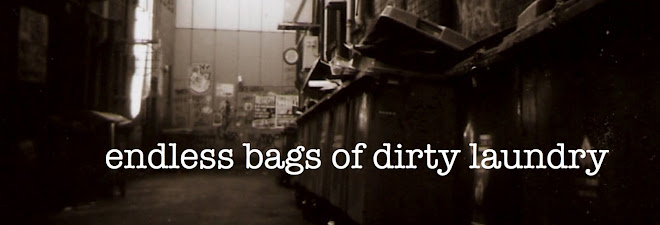According to the Arts Law Centre of Australia (ALCA), 'there is no right to privacy that protects a person's image, and "taking photographs of people in public places is generally permitted'. As a photographer who is interested in taking candid photographs of strangers in the tradition of social photography, this information is crucial to know. It basically means that if you're taking photos out on the streets (street photography) or at an event (festivals, parades, concerts and so on) for non-commercial purposes (i.e. not to be used in advertising), you are within your legal rights to capture the image of a stranger and use it within the realms of your photography. This seems very reasonable and pretty straightforward, right?
But there is a particular kind of social photography that I am drawn to that unfortunately delves into the grey area of the above definition. The ALCA goes on to say the following in regard to the rights of 'street photographers':
it is an offence punishable by a fine or imprisonment to photograph a
person to provide sexual arousal or gratification if the person is
undressed or engaged in a private act in circumstances where a
reasonable person would reasonably expect to be afforded privacy, and he
or she has not consented to being filmed. A private act includes using
the toilet, bathing and engaging in sexual activities not ordinarily
done in public.
Like any law speak, there are some terms in there that need close interpretation. In this case, it's reasonable/reasonably and ordinarily. How these terms are defined determine whether or not certain types of photography are legal or not. Specifically, I am referring to my interest in after-dark social photography, where people drink alcohol, let go of their reservations and show sides to their personalities that may not otherwise come out. Sometimes, this lack of inhibition leads to some very public displays of affection, often with relative strangers.
So here's the question: if two people are drunk and making out in a bar (etc.) after midnight, is this a situation where 'a reasonable person would reasonably expect to be afforded privacy'? Furthermore, if there is making out, and perhaps even some groping, does that constitute 'sexual activities not ordinarily done in public'?
One argument could go along the lines of: they were in a dark club or bar - perhaps even a dark corner or booth in a dark club or bar - and everyone else was probably drunk and thus wouldn't pay much attention (or remember), so they could potentially argue that they felt they were in a reasonably private space and therefore should expect to be afforded privacy. Furthermore, it could be argued that the activities they were engaging in were of a sexual nature and 'not ordinarily done in public'. To take it even further, if they were engaging in something that was morally wrong (such as infidelity) or legally wrong (such as drug-taking), publishing incriminating photos may even be bordering on defamation.
I think in realistic terms, however, the opposing argument is more valid: a bar is a public space in that it is open to the public; if two people were engaging in intimate activities in full view of the other patrons then they understand, drunk or not, that they will be seen and are not in fact in a private space; and, perhaps most pertinently (for better or worse), the ubiquity of cameraphones and official nightclub photographers has made after-dark drinking holes more public than ever. Enter (and grope) at your own risk.
OK, so let's say it's legal (though I will be seeking further advice before publishing any potentially reputation-damaging images online or elsewhere). Is it ethical?
And here we enter another grey area. So, hypothetically, a photo may not break any laws, but what if, in an admittedly extreme scenario, it broke up a marriage? Got someone fired? Made them a laughing stock among their peers? These are unlikely considering that I'm referring specifically to my own small-scale, artistic purposes, but with the global accessibility of the internet it's something that must be taken into consideration.
I'm not sure that I have a conclusion to this question of ethics. I probably won't until I start exploring it in practical terms - that is, taking the shots. My guess is I will aim to obscure faces through composition, though this may not always be possible. (The above photo is an example of this, though I don't love this shot.)
In the meantime, I'll be doing another kind of research, starting with this blog entry: what's the general consensus on this among my own peers? How do people feel about being photographed when they are at their most exposed? How would I feel about it?
Exploring these questions in theory and practice is a fascinating and potentially dangerous exercise, but one that will hopefully be worthwhile.
23.9.12
Subscribe to:
Post Comments (Atom)





No comments:
Post a Comment